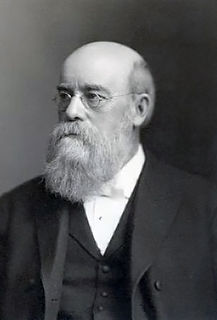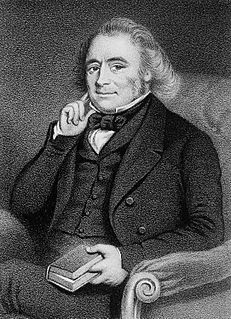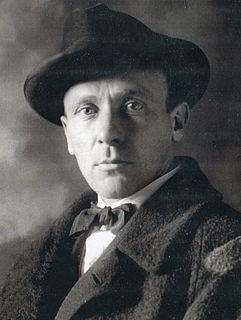A Quote by Herman Melville
That mortal man who hath more of joy than sorrow in him, that mortal man cannot be true--not true, or undeveloped.
Related Quotes
The sun hides not the ocean, which is the dark side of this earth, and which is two thirds of this earth. So, therefore, that mortal man who hath more of joy than sorrow in him, that mortal man cannot be true-- not true, or undeveloped. With books the same. The truest of all men was the Man of Sorrows, and the truest of all books is Solomon’s, and Ecclesiastes is the fine hammered steel of woe.
Ivan Ilych saw that he was dying, and he was in continual despair. In the depth of his heart he knew he was dying, but not only was he not accustomed to the thought, he simply did not and could not grasp it. The syllogism he had learnt from Kiesewetter's Logic: "Caius is a man, men are mortal, therefore Caius is mortal," had always seemed to him correct as applied to Caius, but certainly not as applied to himself. That Caius - man in the abstract - was mortal, was perfectly correct, but he was not Caius, not an abstract man, but a creature quite, quite separate from all others.
It must be granted that in every syllogism, considered as an argument to prove the conclusion, there is a petitio principii. When we say, All men are mortal Socrates is a man therefore Socrates is mortal; it is unanswerably urged by the adversaries of the syllogistic theory, that the proposition, Socrates is mortal.
Mortal beauty often makes me ache, and mortal grandeur can fill me with that longing...but Paris, Paris drew me close to her heart, so I forgot myself entirely. Forgot the damned and questing preternatural thing that doted on mortal skin and mortal clothing. Paris overwhelmed, and lightened and rewarded more richly than any promise.
The white man is our mortal enemy, and we cannot accept him. I will fight to see that vicious beast go down into the lake of fire prepared for him from the beginning, that he never rise again to give any innocent black man, woman or child the hell that he has delighted in pouring on us for 400 years.





































